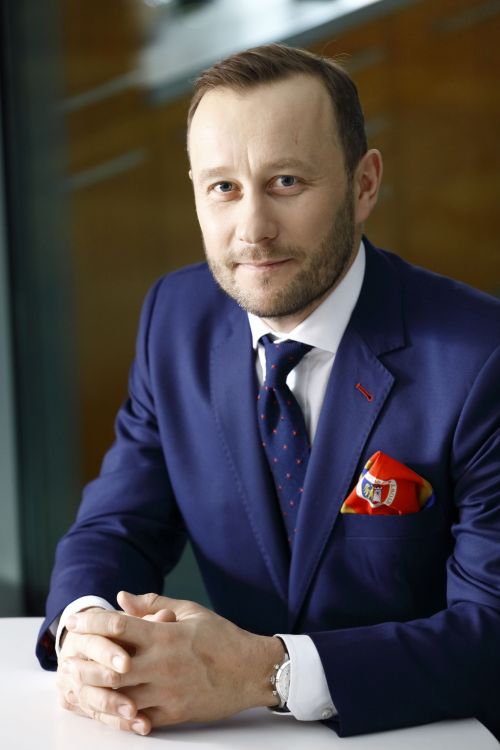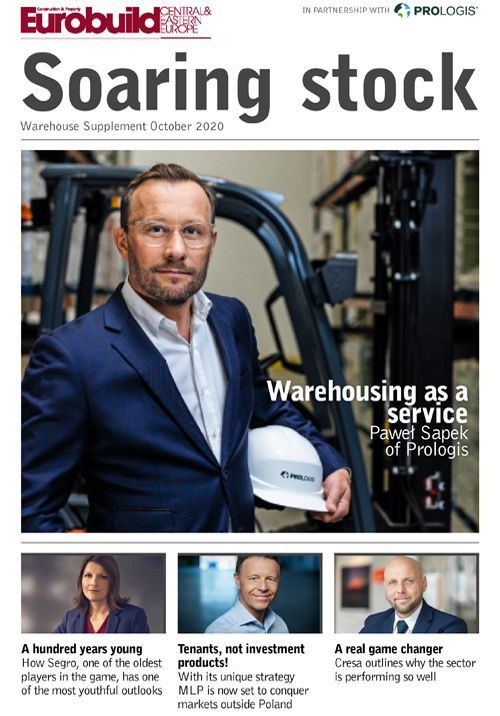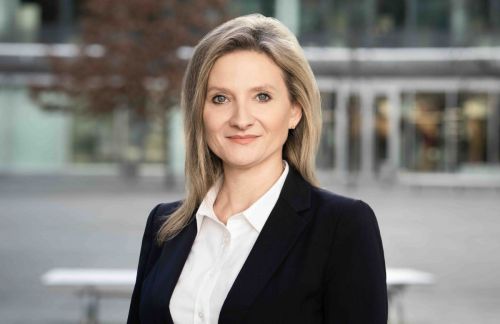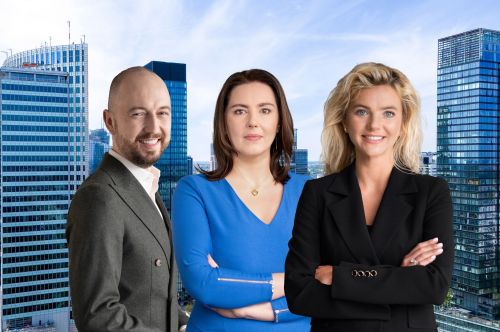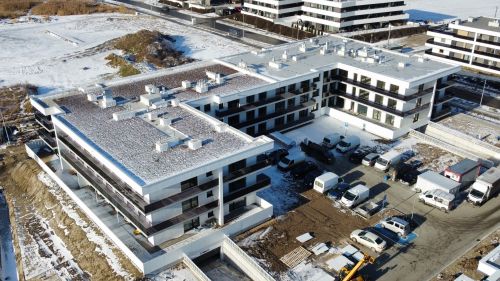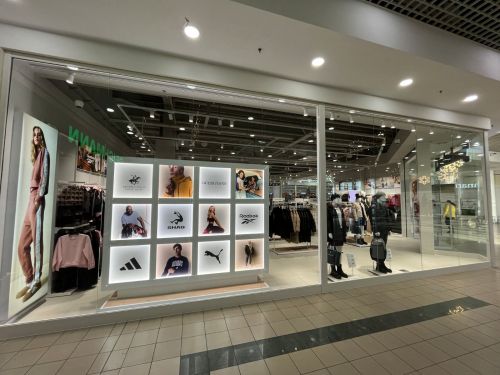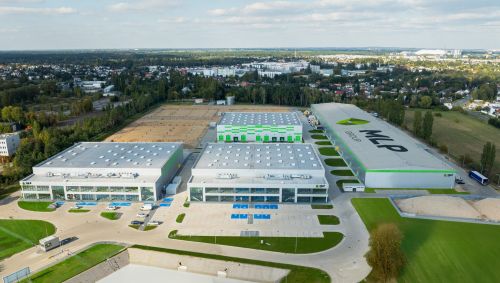‘Eurobuild CEE’: Last year, a Prologis warehouse in the Netherlands, namely in Tilburg, east of Bremen, became the first industrial building in the world to receive a Well certificate with a ‘Gold’ rating. This was awarded for such health and wellness features as walking routes, fitness facilities, common dining areas and indoor greenery to enhance the air quality and employees’ connection with nature. How did such an unusual warehouse project come about?
Paweł Sapek, Central Europe regional head and senior vice-president, Prologis: Today, it is becoming increasingly clear that a warehouse should not just be another steel box in which employee retention depends solely on their hourly wages. This means creating a healthy and pleasant working environment for those who work there. By doing so, our customers can improve the wellbeing of their employees, which leads to higher motivation and productivity. By adopting a human-centric approach and creating a ple
